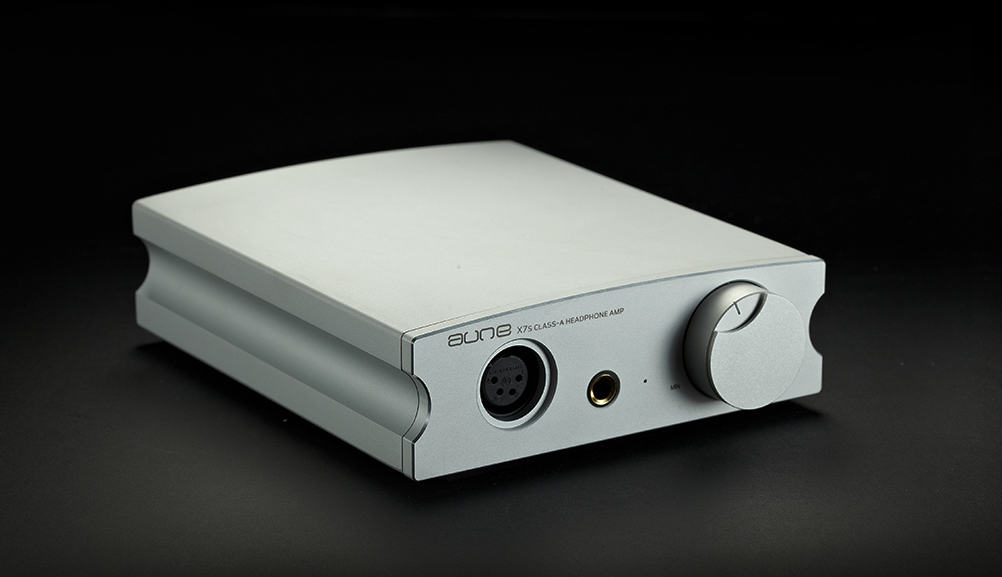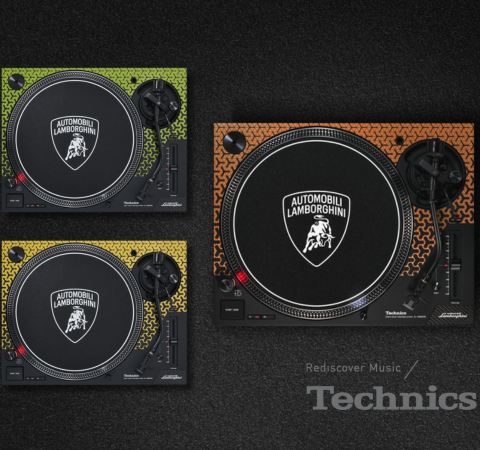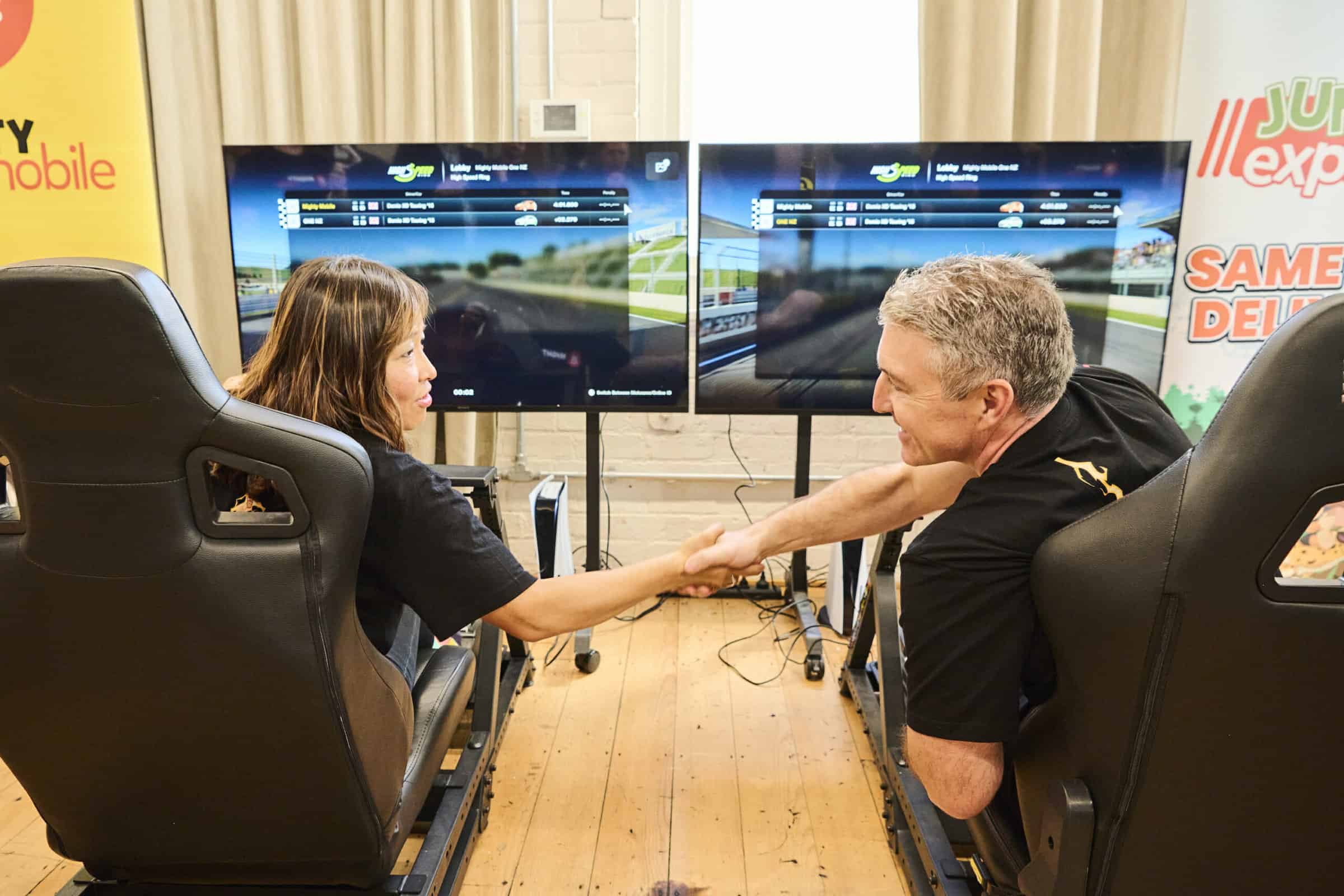Having a green consciousness is one thing but running out of juice is another. PAT PILCHER reports on the latest EV battery development.
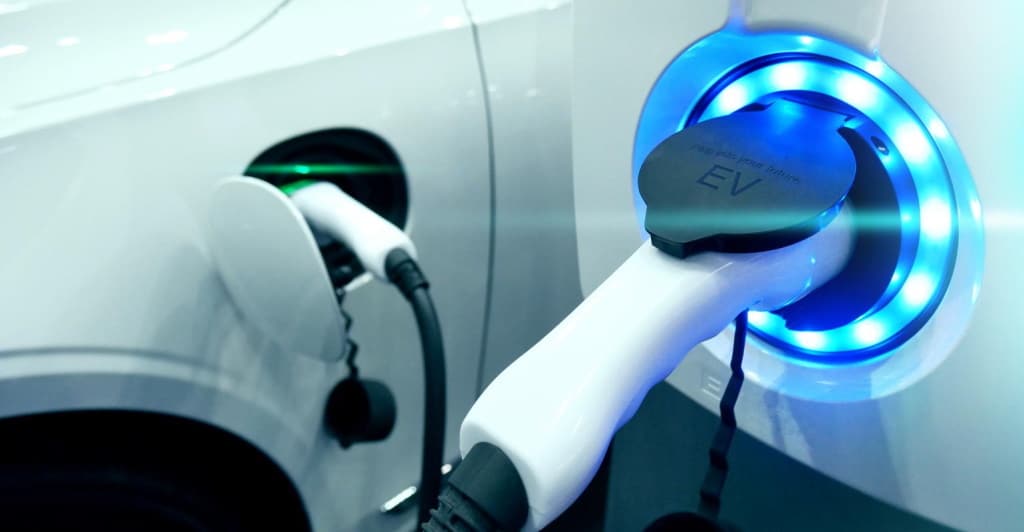
With 2020 one of the warmest years recorded in New Zealand, it got harder for climate change deniers to argue that global warming isn’t real. According to the department of statistics, the humble car is one of the most significant contributors to greenhouse gas emissions: “Transport emissions were mainly made up by road vehicle emissions (90.7 per cent) and domestic aviation (6.7 per cent). Road transportation emissions in 2018 were up 2.0 per cent from 2017 and up 101.6 per cent from 1990. They made up 42.6 per cent of all carbon dioxide emissions in 2018.”
Would you like to support our mission to bring intelligence, insight and great writing to entertainment journalism? Help to pay for the coffee that keeps our brains working and fingers typing just for you. Witchdoctor, entertainment for grownups. Your one-off (or monthly) $5 or $10 donation will support Witchdoctor.co.nz. and help us keep producing quality content. It’s really easy to donate, just click the ‘Become a supporter’ button below.
While clean, electrically powered jets are still away off, electric cars whose greenhouse gas emissions are tiny are making inroads in New Zealand. The humble Nissan’ Leaf and the less humble Tesla are becoming a common sight on our motorways.
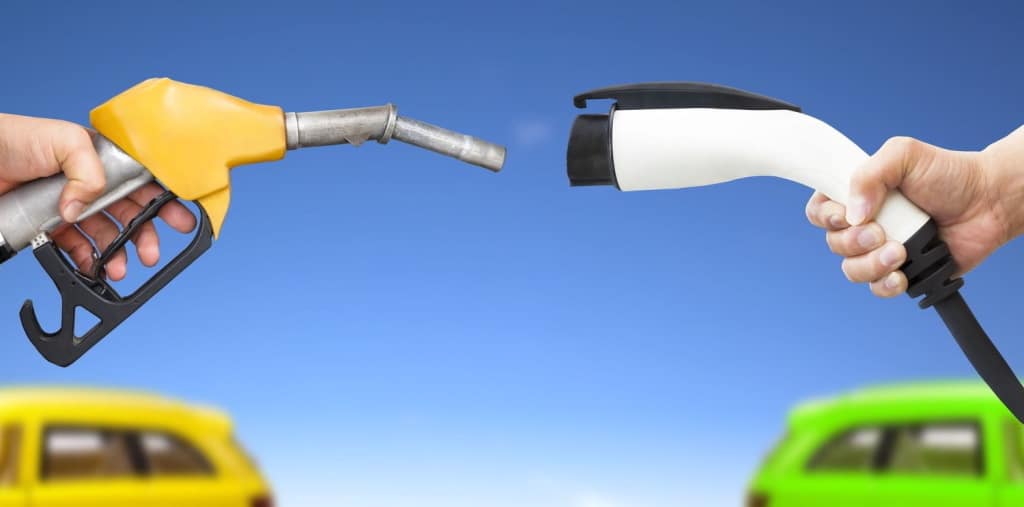
A significant factor holding back widespread electric car adoption (aside from their cost) is range anxiety and long battery charge times. Running out of juice usually means twiddling one’s thumbs for several hours until the batteries in your shiny new electric car are charged. Meanwhile, gas-powered vehicles are good to go after a few minutes at the fuel pump.
This could be set to change. We’ve been following battery tech over the years, and the latest development is batteries that can go from zero to a full charge in just five minutes. This is big news not only because it’ll make electric cars much more compelling, but it’s also entering the mainstream as I write this. A lot of promising battery tech has been written about, most of which consisted of laboratory samples that never saw commercial use. These quick-charging batteries have come out of a factory. This marks a real milestone for electric cars as they will become almost as fast to charge as pulling in for petrol.
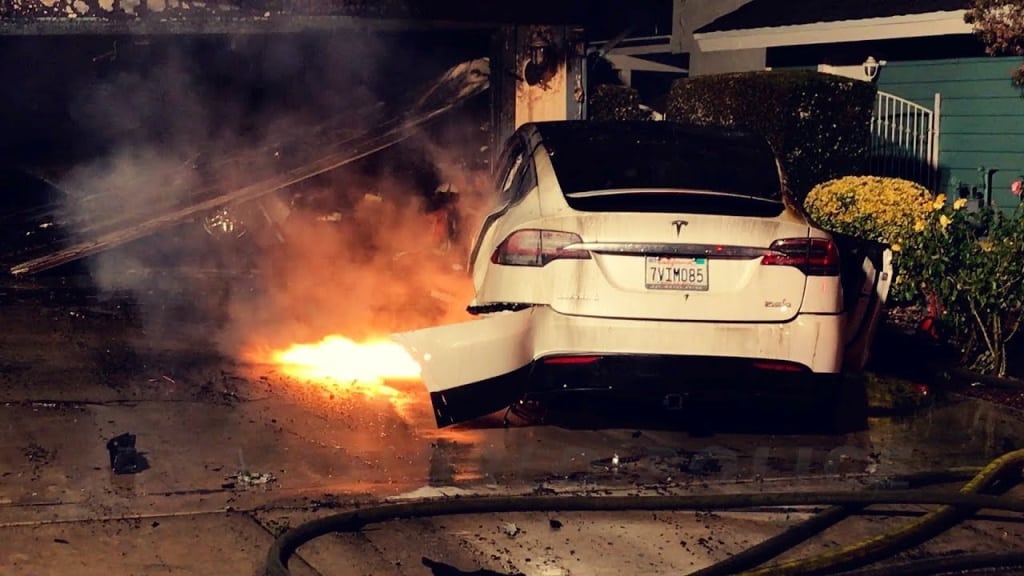
These new batteries are lithium ion-based and were developed by StoreDot, an Israeli company who’ve licensed their technology to Eve Energy in China for manufacturing. With batteries positioned to be the new oil of the 21st century, investors are literally fizzing at the bung. StoreDot has already attracted a growing array of big-name partners and investors, including Daimler, BP, Samsung, and TDK.
There is, however, a catch. While StoreDot’s cells can be fully charged in five minutes, more powerful chargers are needed. While this could hold back adoption for countries who’ve already invested heavily in charging infrastructure, this isn’t much of a catch in New Zealand where relatively few chargers are installed compared to the likes of the EU/US/UK.
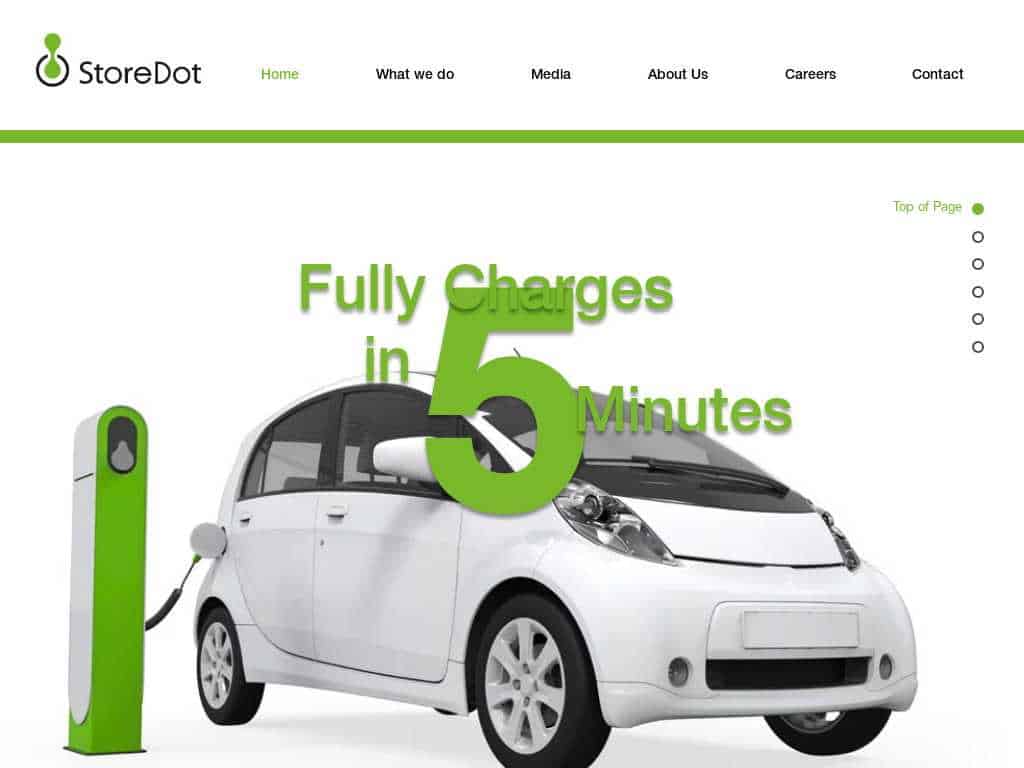
Until recently, fast-charging lithium-ion batteries were technically impossible. This is because Lithium-ion batteries, when rapidly charged, can generate dendrites that can create short circuits resulting in spectacular and dangerous fires. StoreDot has successfully got around this by using semiconductor nanoparticles that ions can pass more quickly without dendrites forming. [Come again? – Dumb ass potato-head Editor].
The upshot for the auto industry is potentially huge. Fast charging batteries that make charging almost as quick as getting gas from a pump could see car manufacturers using fewer batteries in EVs. It’d also kill off consumer range anxiety. Most important of all, they could help reduce the sticker price of electric vehicle batteries, making cleaner electric vehicles significantly more attractive, leading to greater adoption.








